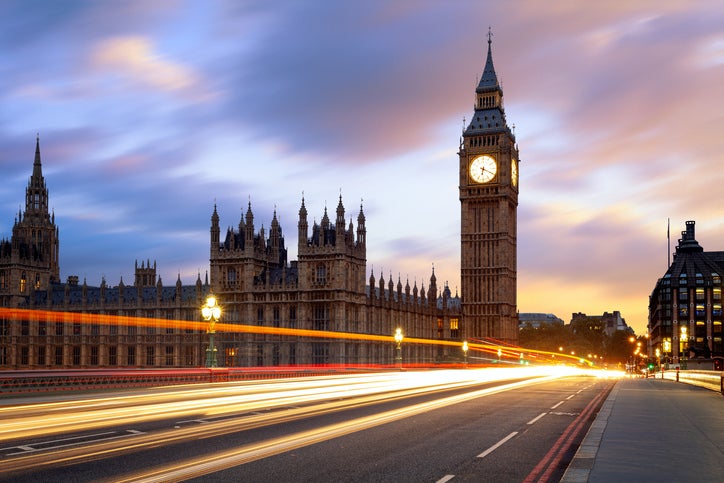
Globally, individuals are becoming more conscious of their impact on the environment, particularly in the realm of packaging. The UK government has been particularly proactive within the domain of packaging and plastic waste, exerting considerable effort to reform packaging norms and increase their environmental sustainability.
The UK has demonstrated global leadership in environmental policy by becoming the first major economy to launch a comprehensive net-zero Industrial Decarbonisation Strategy. The strategy envisions a significant curtailment of greenhouse gas emissions, especially in the industrial sector, to realign with the UK’s commitment to net-zero emissions by 2050. This ambitious undertaking introduces several key strategies, including policies and regulations, as crucial elements of this paradigm shift.
Policies on plastic pollution
In addition to this overarching strategy, the UK government has taken decisive regulatory action to curb plastic pollution from packaging. In 2018, a ban on microbeads in personal care products, such as face and body scrubs, was enforced. These small plastic particles pose significant risks to marine life and broader ecosystems.
A further regulatory measure was enacted in October 2020, restricting the supply of single-use plastic items, including straws, drink stirrers and cotton buds. The UK government is scheduled to expand this regulation in October 2023 to cover a wider array of single-use plastic items.
This action will directly tackle the shocking statistic that, in England alone, 2.7bn pieces of single-use cutlery and 721mn single-use plates are consumed each year, with a meagre 10% of these items currently recycled. The expanded regulation promises to prevent approximately 3.08 billion single-use items from ending up in landfills each year.
To further address plastic pollution, the UK government is also proposing a deposit return scheme for beverage packaging. The intention behind this measure is to boost recycling rates and prevent billions of plastic bottles from entering the waste stream. Such measures, coupled with consistent recycling collections for all households and businesses in England, underscore the UK’s persistent commitment to environmental protection.

US Tariffs are shifting - will you react or anticipate?
Don’t let policy changes catch you off guard. Stay proactive with real-time data and expert analysis.
By GlobalDataDespite the strides made in recycling, the UK still faces challenges, particularly with plastic packaging recycling. In 2021, households generated 5.4 million tonnes of paper and cardboard packaging, of which 3.8 million tonnes were recycled, representing a recycling rate of approximately 71%. However, 2.5 million tonnes of plastic packaging were generated in the same period, with a markedly lower recycling rate of 44.1%.
In an effort to address this discrepancy, a tax was introduced in 2022 targeting plastic packaging containing less than 30% recycled plastic. This tax incentivises businesses to use recycled plastic in their packaging. As a result, demand for recycled materials and higher levels of plastic waste recycling are boosted. By driving up the use of recycled plastic, this tax is projected to lead to carbon savings of nearly 200,000 tonnes for the 2022-2023 period. This is equivalent to almost half a billion miles driven in an average petrol-fuelled car.
The Extended Producer Responsibility scheme
The government has taken an even broader view with the introduction of the ‘extended producer responsibility’ (EPR) concept. Since January 2023, organisations have been required to collect data on their packaging to comply with EPR, with fees payable to the environmental regulator from 2024.
The principle behind EPR is that packaging producers should take responsibility for the life cycle of their materials, driving a shift towards more reusable or recyclable materials. EPR aims to move away from a linear ‘throwaway culture’ and towards a circular economy, rendering the concept of unnecessary waste obsolete.
The UK is not only enacting policies but also challenging traditional norms to foster a sustainable environment. The UK is setting a transformative course with a comprehensive strategy aimed at decarbonising industries and laws that encourage businesses and consumers to rethink their use of plastics.
The introduction of targeted taxes and the concept of ‘Extended Producer Responsibility’ demonstrates an innovative approach to fostering a circular economy. These measures represent far more than mere regulatory changes; they symbolise a vital shift in societal values towards prioritising environmental sustainability.
About the author: Nathan is a Carbon Reduction Scientist at Tunley Engineering and is responsible for processing, analysing and presenting carbon assessment data.



